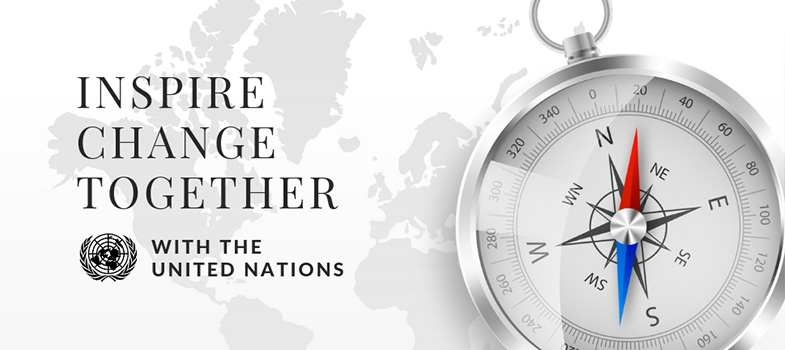1.3 Ethics
Turning to the concept of ethics, Norman (1995, p. 1) has defined ethics as "the attempt to arrive at an understanding of the nature of human values, of how we ought to live, and of what constitutes right conduct."
The dictionary definition of ethics is "the study or the science of morals" (Chambers, 1999). Morality is defined as "a sense of right and wrong" and being moral as "belonging or relating to the principles of good and evil, or right and wrong" (Chambers, 1999).
Chinese ethical thought
While E4J Ethics Module 1 focuses mostly on Western philosophical thought, it also acknowledges the critical contribution of non-Western philosophy. For example, the Stanford Encyclopedia of Philosophy [Tip: hold Ctrl and click a link to open it in a new tab. (Hide tip)] states the following about Chinese ethical thought:
The tradition of Chinese ethical thought is centrally concerned with questions about how one ought to live: what goes into a worthwhile life, how to weigh duties toward family versus duties toward strangers, whether human nature is predisposed to be morally good or bad, how one ought to relate to the non-human world, the extent to which one ought to become involved in reforming the larger social and political structures of one's society, and how one ought to conduct oneself when in a position of influence or power.
The personal, social, and political are often intertwined in Chinese approaches to the subject. Anyone who wants to draw from the range of important traditions of thought on this subject needs to look seriously at the Chinese tradition. (Wong, 2017)
Confucius
One of the most important figures in this tradition is Confucius. He lived approximately between 551 and 479 BC and was a philosopher and founder of the Ru School of Chinese thought. His teachings were preserved in the Lunyu or Analects. His approach is summarized as follows by the Stanford Encyclopedia of Philosophy:
Confucius believes that people live their lives within parameters firmly established by Heaven-which, often, for him means both a purposeful Supreme Being as well as 'nature' and its fixed cycles and patterns-he argues that men are responsible for their actions and especially for their treatment of others. We can do little or nothing to alter our fated span of existence but we determine what we accomplish and what we are remembered for. (Riegel, 2013)
When we deal with difficult decisions, we often feel that there is no clear answer that is right, but we sense intuitively that the decision is about the distinction between right and wrong. Discussions about integrity and ethics address the fundamental distinction between right and wrong. This type of decision is much more difficult than deciding whether we prefer one type of food to another, or whether the answer to a simple mathematical equation is right or wrong.
The following activity provides an example of how to explore this area with your students.
Activity 1.3 Teaching concepts of ethics 
To engage your students and test their conceptual analysis of ethics you ask the students to divide into groups of three or four, to reflect on their understandings of the concept of ethics, and together to synthesize their understandings into a short, clear and precise formulation.
A few groups provide feedback to the class, by sharing their ideas about the nature of ethics. You share a textbook definition of ethics, as outlined above, and discuss the differences and similarities between this definition and your students’ suggestions.
1.2 Types of integrity

